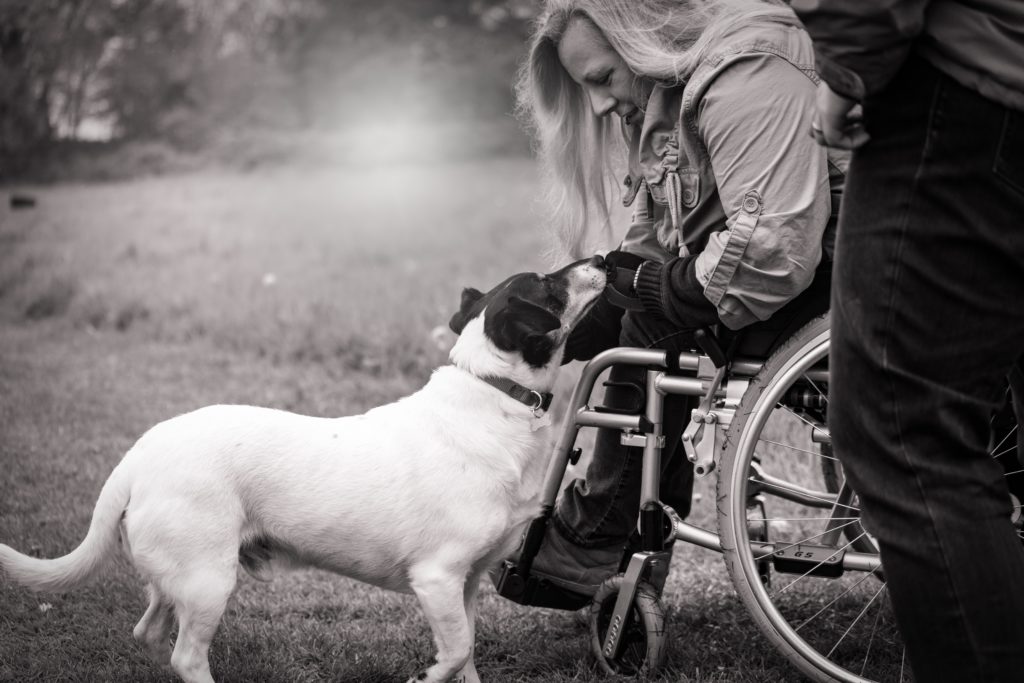When committing to improving the quality of your health, it’s crucial that you take the time to educate yourself on how to respond to serious accidents or injuries. This knowledge will empower you to make the right decisions in emergency scenarios, while also putting yourself on the path toward recovery. It can also help you to help an injured friend.
According to a recent study, “approximately 17,810 new spinal cord injuries each year in the USA” alone. As such, it’s important that you know how to respond to these injuries and get the help you need.
What causes spinal injuries?
There are many potential causes of spinal cord injuries. This could include:
- Car or automotive accidents
- Trips or falls
- Acts of violence
- Workplace accidents
- Sporting activities.
What are the different kinds of spinal injuries?
Spinal cord injuries can manifest themselves in a range of different ways, depending on where the injury is localized. Common spinal cord injuries could include, partial or complete paralysis or herniated/bulging disc.
However, these injuries can also lead to a range of other health complications, such as
- Lung disease.
- Tightening of muscles.
- Urinary tract infections.
- Pressure sores.
- Mental health struggles.
How to deal with a spinal cord injury.
As Spinal Cord injuries affect a large percentage of our population, there are plenty of resources out there to support those who may be dealing with them. With that in mind, here are some steps you can take to deal with a spinal cord injury:
Seek medical help as soon as possible. Sometimes, spinal cord injuries will be immediately obvious, especially in the aftermath of an accident. However, on other occasions, you may simply attribute symptoms to typical back pain and not the sign of a wider problem. As such, not only should you take some time to familiarize yourself with the signs of a spinal cord injury – but you should also make sure you receive medical attention as soon as possible.
This is particularly important if you are dealing with a severe injury that is likely to have long-term or permanent consequences. For example, a recent study has found that “early surgical decompression of the injured spinal cord is one of few available interventions that can potentially alter the long-term recovery trajectory for this devastating condition.” To put it simply, the sooner you get help, the better.
Seek out compensation.
While unavoidable accidents happen from time to time, there are also many instances where another person, party, or organization is to blame. If your spinal cord injury is due to an accident at work, you should work with dedicated Workers Comp attorneys near you to seek out compensation. After all, spinal cord injuries often have life-altering consequences, which can dramatically change the course of your life. For example, you may have to leave your job as you are no longer mobile or able to carry out the same tasks.
There are also many costs associated with this kind of injury – beyond even medical care and interventions. For example, if you are required to use a wheelchair as a result, you may need to assume costs when it comes to modifying your home and making it more accessible. You may also need to take time off work to facilitate your recovery – which results in a loss of income. Either way, if you are dealing with the consequences of an accident that was not your fault, you’re entitled to compensation and should not feel guilty for seeking it out.
Work to understand your diagnosis.
Understanding the severity of your spinal cord injury is crucial moving forward. This is because it will help you to facilitate any necessary changes in your life and routine, alongside helping you set realistic expectations pertaining to your recovery and health moving forward. For example, you can work with your doctor to better understand whether or not you will recover some function, as “with many spinal cord injuries, especially incomplete ones, the individual may recover some function as late as 18 months after the injury.”
It can be disheartening to see that complete recovery may not be a possibility, but it’s important to note that there are lots of changes you can make following this to continue to live your life to the fullest. Furthermore, a lot of money is being funneled into research projects that will help us to better understand spinal cord injuries and the steps we can take to reduce their impact on our lives.
Take care of your mental health. Taking steps to better manage your mental health is important at any stage in your life but proves to be particularly crucial in the aftermath of an accident with long-term injuries. This is because the incident can change the course of your life, leading to a whirlwind of emotions that can be hard to process alone. Furthermore, “adults living with spinal cord injuries have a near-80% increased risk of developing psychological conditions, such as depression and anxiety” following their accident.
As such, you should prioritize your mental health during this time, through whatever means possible. For example, you may ask your healthcare provider to signpost you towards the relevant therapeutic services or open up to your friends and loved ones. Support groups can also prove to be invaluable at this time, due to the fact they help you connect with other people who understand your unique situation.
Don’t be afraid to ask for help. Asking for help can be daunting. After all, we do not want to feel as though we are a burden to our friends, family, or loved ones – even though we desperately need the help and support they can offer.
As such, don’t be afraid to ask for help during this time – whether you’d like someone to help you get to and from doctors’ appointments, grab your groceries, or even keep you company when you are having a bad day. Remember, you would extend the same courtesy to them if they were in your situation – and there’s no shame whatsoever in asking for help and support.





